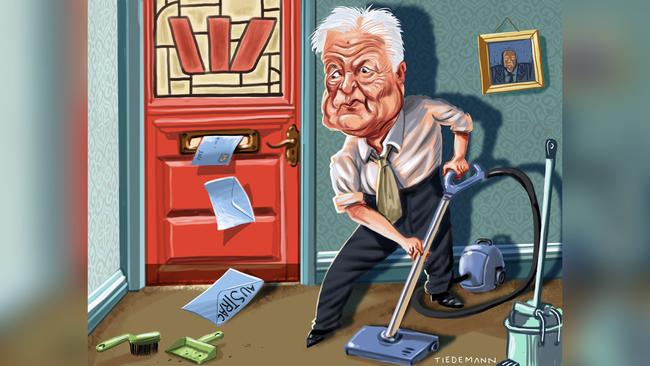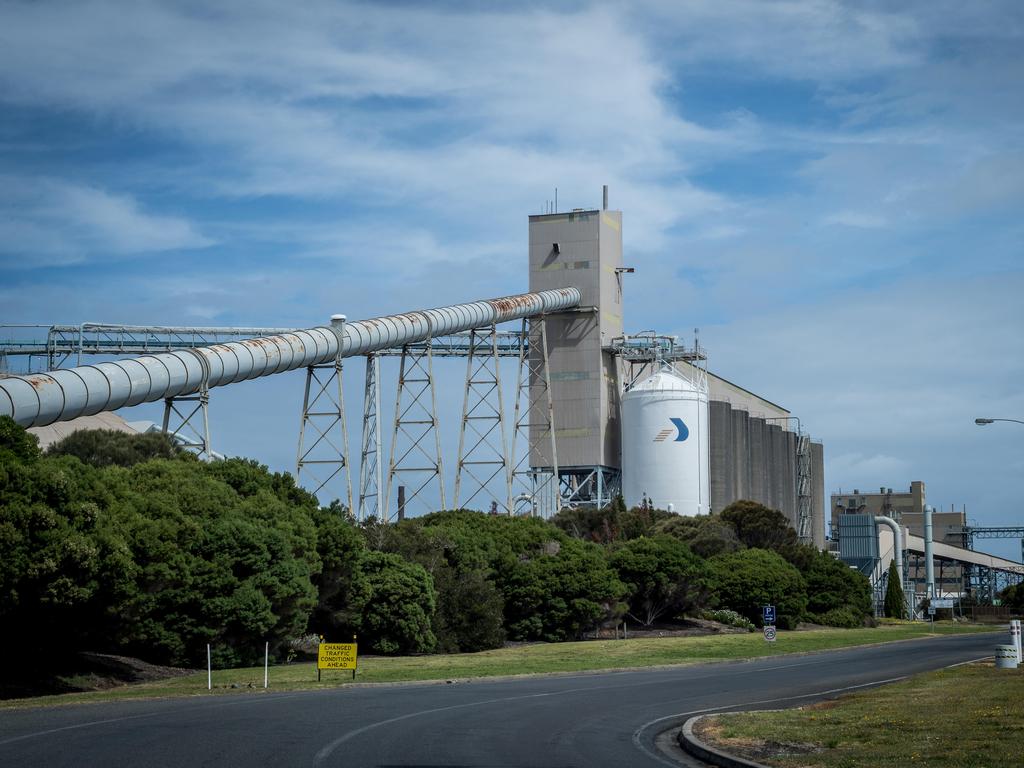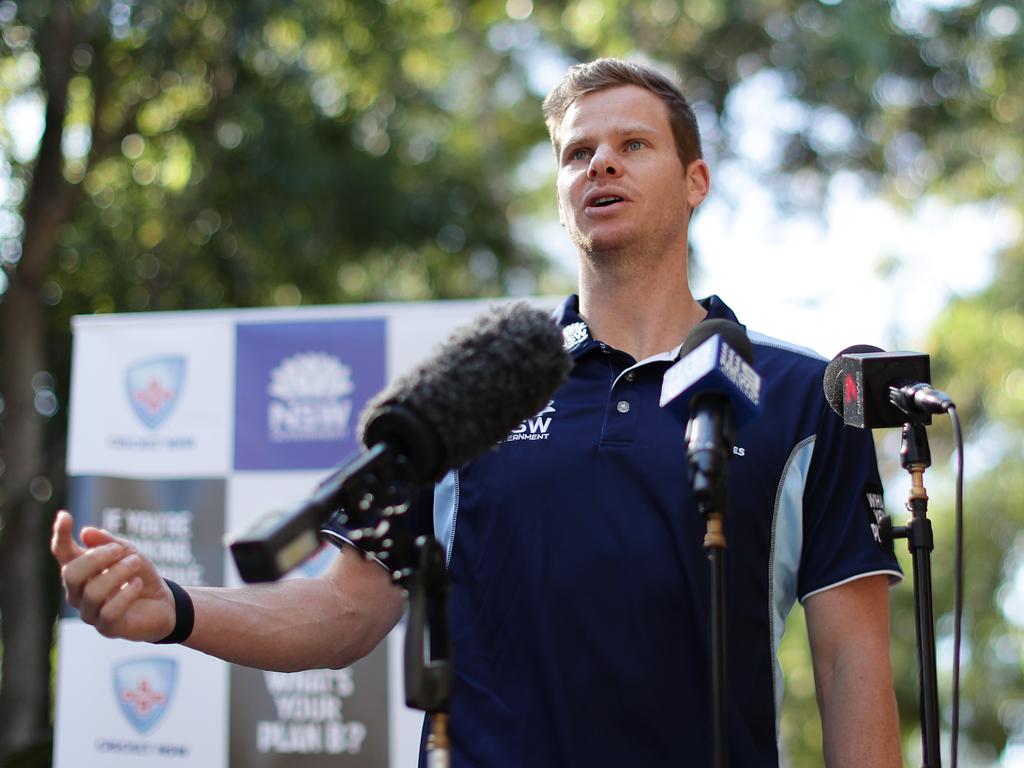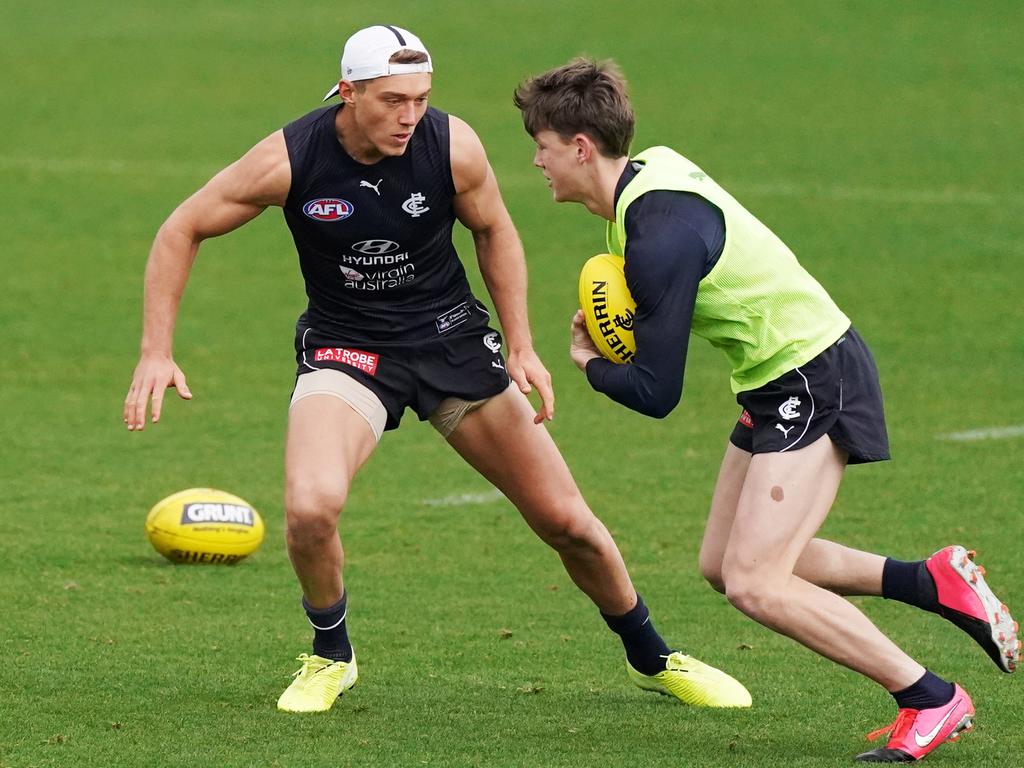
The bank will shortly release a copy of the panel report on its treatment of the Austrac issues and the assurance report from Promontory over its board governance. The reports were commissioned by former chairman Lindsay Maxsted in December last year in the wake of the Austrac charges, which sparked the departure of former boss Brian Hartzer and Maxsted himself.
The panel — comprised of former Suncorp chairman Ziggy Switkowski, Energy Security Board chairman Kerry Schott and board guru Colin Carter — has already handed its report to the bank.
It was asked to look into “board risk governance and board accountability in relation to the issues raised in Austrac’s statement of claim”.
Promontory was asked to “provide assurance over Westpac’s assessment of management accountability and the adequacy of Westpac’s Financial Crime Program”. The bank has promised to release both papers to the extent possible in the run-up to any court fight with Austrac.
It is also subject to reviews by ASIC and APRA.
The bank has set aside $900m as provisions for a potential settlement of the claim, which allegedly involved 23 million breaches of money-laundering rules.
One could ask just whether a fine of close to $1bn was justified for the Westpac breaches as with the $700m CBA settlement, but neither bank will go within a million miles of that argument any time soon. The banks were arguably guilty of woeful administration and risk management that has helped pedophiles and drug runners. What price is on those breaches?
McFarlane has created three new board committees — financial crimes under Peter Nash, risk and compliance under Peter Marriott, and technology under Alison Deans.
Westpac is still negotiating a potential settlement with Austrac.
Separately, Westpac will shortly appoint an independent firm to conduct a major risk management assessment for the bank.
It has completed an internal review of governance issues together with lawyers King & Wood Mallesons.
The flurry of reports comes amid some key management departures from the bank, with the latest being the highly regarded head of the institutional bank, Lyn Cobley.
Cobley assumed the top job in 2015, replacing Rob Whitfield.
Her position will be filled by Curt Zuber, whose role as treasurer will be filled by Jo Dawson.
Earlier, retail boss David Lindberg left to join RBS in London, and chief technology officer Craig Bright went to Barclays.
The three departures give new bank chief executive Peter King the chance to select his own management team.
All three had their own reasons to leave, but their departures underline the new world for bank executives post the royal commission and APRA’s BEAR (banking executive accountability) regime.
The new focus inevitably means lower pay and less executive freedom, none of which would be readily seen as positives for bank executives, who now have to get by on $1m or so instead of multiples of that previously.
ACCC’s old news
Just what inspired the ACCC to re-release a statement from August last year expressing concerns about Qantas and Alliance Aviation is a mystery to all concerned.
In the midst of the Virgin takeover battle, it is safe to assume the bidders may have contacted the ACCC to check on the status of its inquiries.
Alliance had so-called “wet lease” deals with Virgin until the COVID-19 pandemic broke out and the two have a close working relationship.
Qantas has sat on its hands since buying 20 per cent of Alliance in February last year.
In August, the ACCC made it clear it would block any Qantas attempt to buy Alliance — end of story — until Qantas crept up the register. Thanks to its resources industry market share, Alliance is a rarity in the airline industry, saying it expects profits before tax to increase from $32.5m last year to $40m this year.
Its stock price — it closed on Monday at $2.62 — is back around year-ago levels and well above its late March lows of just above $1.
Certainly, Qantas has form in terms of playing spoiler and, in fact, the 20 per cent stake was seen at the time as being an attempt to muddy the waters with BHP and Rio Tinto due to open new contract talks on fly in, fly out services.
Alliance subsequently got its congrats renewed.
There is no public talk of an imminent capital raising or other deal that the monopolistic Qantas CEO Alan Joyce would potentially jeopardise, so why did the ACCC see the need to release a statement?
It seems the ACCC has crossed the line of regulatory exuberance.
ACCC chief Rod Sims frequently bemoans the Australian judiciary for taking more notice of statements from self-serving chief executives than the ACCC.
But it seems the European Commission had the same problem, with the EU General Court last week overturning the EC’s decision to block Hutchison’s takeover of Telefonica’s UK mobile company O2.
The proposed merger reduced competitors from four to three, just as did the Vodafone and TPG merger and, like the Australian decision, the EU court rules the commission failed to establish the probability that the deal would hurt competition.
The ACCC has formally started investigations into the $800m potato industry centering on the proposed acquisition of Thomas Food’s potato business by the Adelaide-based Mitolo family. South Australia accounts for 80 per cent of the 1.3 million tonnes of potatoes produced each year.
The Mitolo family is well known to the ACCC after last year’s settlement of an unfair contracts case in which the family agreed to a $240,000 fine plus $50,000 in costs over supplier contracts.
Both Mitolo and Thomas Foods supply the big supermarkets. Thomas Foods acquired the business in 2013 from Mondello Farms. A decision is due on the deal in August.
Rules on disclosure
In 2001, then assistant treasurer Joe Hockey introduced the Financial Services Reform Act, which did away with the old corporate disclosure rules and replaced them with a strict liability that meant the facts were either right or wrong.
Section 1001A of the Corporations Act used to say disclosure had to be “intentional, reckless or negligent’’ to be a breach, and those words sound startlingly familiar to the ones Treasurer Josh Frydenberg has inserted in his temporary provision to help the big end of town through COVID-19.
As stated before, class actions should be treated separately to the disclosure laws, although it should also be noted that in 1991 when, following a 1988 Australian Law Reform Commission report, class actions were allowed in Australia, the stated intention was to “complement” ASIC.
How the wheel has turned, but not as much as you may imagine as noted in a recent paper published in Lawyerly by Monash’s Vince Morabito, who noted there was no explosion of actions and indeed those backed by the “evil” funders have fallen from 83 per cent in 2017 to 74 per cent in 2018 and 50 per cent last year.
The number of actions over the period were 49 in 2017, 66 in 2018 and 54 in 2019, so you might ask what all the fuss is about.








Westpac chairman John McFarlane has identified two potential shortcomings with the bank — “diffused accountability” and ability to implement strategy — and is in the process of trying to fix both.